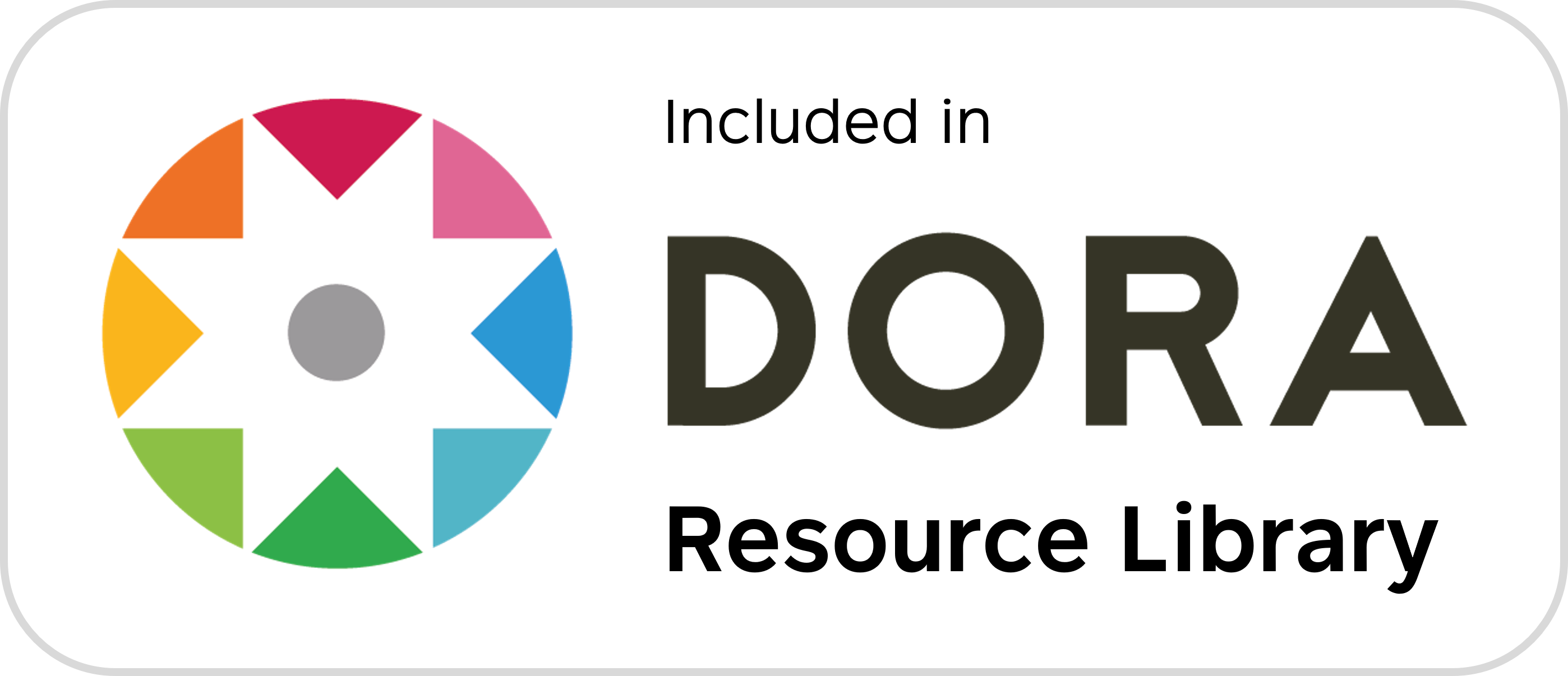Copyright And License
Open Access Policy
Advances in Public Law and Crime (PLICE) follows a strict Open Access policy, ensuring that all articles are freely accessible to the public immediately upon publication. This means that anyone, anywhere in the world, can read, download, copy, distribute, print, search, or link to the full texts of the articles, or use them for any lawful purpose without financial, legal, or technical barriers, in line with the Budapest Open Access Initiative (BOAI) principles.
Key Features of PLICE’s Open Access Policy:
-
Immediate Availability: All research articles published in PLICE are made available online without any subscription or paywall barriers. Readers can freely access the full text of articles from the moment they are published.
-
No Embargo Period: There are no delays or embargo periods before an article is made available to the public. Articles are accessible to readers immediately upon publication, promoting rapid dissemination of research findings.
-
Reuse Rights: Articles published in PLICE are licensed under the Creative Commons Attribution-ShareAlike (CC BY-SA 4.0) license. This license allows:
- Unrestricted distribution and reuse: Readers are free to share and adapt the content, provided they give appropriate credit to the original authors and maintain the same licensing terms for any derivative works.
- Commercial and non-commercial use: The articles can be used for a wide range of purposes, including educational, research, and commercial applications, as long as the terms of the CC BY-SA 4.0 license are respected.
-
Author Retains Copyright: While the journal provides open access, authors retain the copyright to their work. The open-access nature of the journal supports authors by ensuring wide dissemination and greater impact of their research while retaining full rights to their intellectual property.
-
Accessible Archiving: PLICE ensures that all published articles are permanently archived and accessible through institutional repositories and leading indexing services such as Google Scholar, DOAJ, and Sinta. This guarantees long-term preservation and accessibility of the research output.
-
Global Reach: By embracing open access, PLICE increases the visibility and accessibility of research to a global audience, including scholars, policymakers, practitioners, and the general public, ensuring that the impact of the research is maximized.
Benefits of Open Access in PLICE:
- Increased Citation and Visibility: Studies have shown that open-access publications are more likely to be cited, thereby increasing the impact of the research.
- Unrestricted Access for Researchers and Practitioners: Removing paywalls ensures that individuals and institutions, especially those in developing countries with limited access to academic journals, can freely access and benefit from high-quality research.
- Contribution to Global Knowledge: Open access aligns with the journal's mission to foster knowledge exchange and support the advancement of public law and criminal studies globally.























